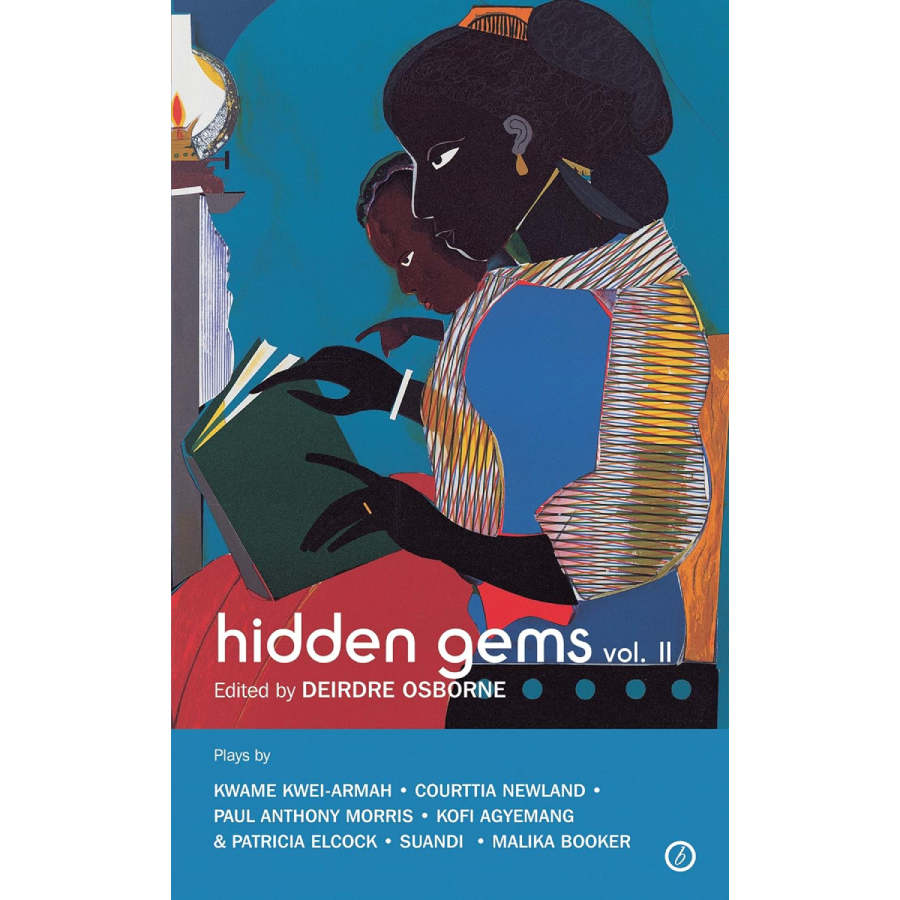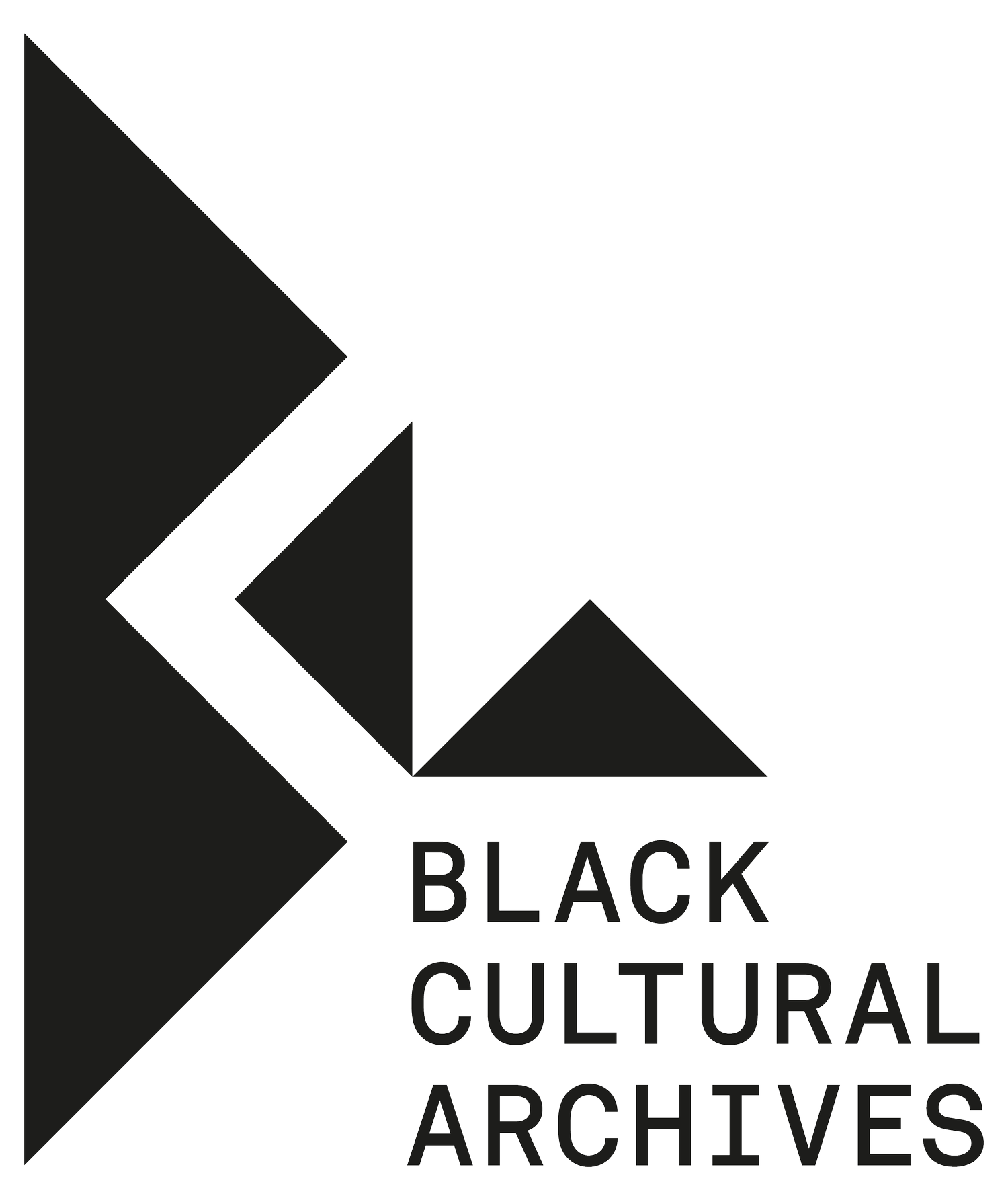 Image 1 of 1
Image 1 of 1


Hidden Gems Volume II
Includes the plays A Bitter Herb, Absolution, Identity, The Far Side, Mary Seacole, and Urban Afro-Saxons
This second and sister volume to Hidden Gems showcases a further range of plays by Black British writers whose work reaches beyond themes too-often perceived by mainstream theatre commissioning as defining Black people's experiences. The plays, monodrama and libretto represent subject-matter from woman-centred history, revolutionary politics, trans-racial adoption and African-diasporic familial heritage, as contoured by the writers' boundary crossing profiles as poets, playwrights, performers and directors. The accompanying critical introductions are provided by people committed to recognising the aesthetic and political significance of the work, and its necessary inclusion in British theatre and literary history.
Includes the plays A Bitter Herb, Absolution, Identity, The Far Side, Mary Seacole, and Urban Afro-Saxons
This second and sister volume to Hidden Gems showcases a further range of plays by Black British writers whose work reaches beyond themes too-often perceived by mainstream theatre commissioning as defining Black people's experiences. The plays, monodrama and libretto represent subject-matter from woman-centred history, revolutionary politics, trans-racial adoption and African-diasporic familial heritage, as contoured by the writers' boundary crossing profiles as poets, playwrights, performers and directors. The accompanying critical introductions are provided by people committed to recognising the aesthetic and political significance of the work, and its necessary inclusion in British theatre and literary history.


